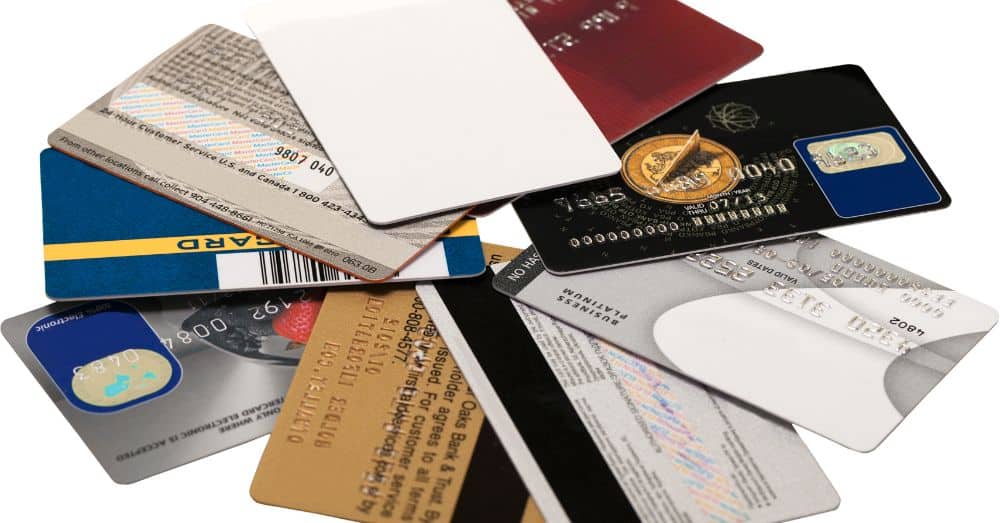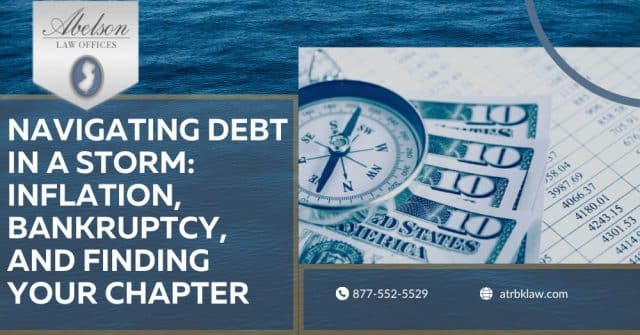Building better credit takes patience, discipline and a clear understanding of the strategies that really make a difference. Start by knowing the financial moves that don’t work.
Like child rearing and curing ailments, credit building is chock-full of old wives’ tales. Smart financial moves such as closing accounts or paying off loans early may not be the credit boosters you think they are.
Sadly, there are no real quick fixes despite what some commercials or online credit-repair ads might proclaim. The key to increasing your credit score is good payment behavior along with time and a healthy mix of credit types.
To help you sort the facts from the fiction, Bankrate tackles some long-held but bogus beliefs that won’t help you build better credit.
1. Opting out of credit card offers will help
Many consumers assume if they opt out of credit card offers, there will be fewer credit inquiries on their credit reports, says John Ulzheimer, the president of consumer education at Smart Credit. However, those inquiries are considered “soft” inquiries and don’t affect your credit score, Ulzheimer says. You can keep the offers coming if you’d like, but doing so won’t help you build better credit.
If you want to opt out of offers to reduce your junk mail, call toll-free (888) 5-OPT-OUT/(888) 567-8688, or visit OptOutPrescreen.com to remove your name from the credit-reporting agency lists for unsolicited credit and insurance offers. That will remove your name for five years.
To keep your name off the list, mail in the permanent opt-out election form available on the website. Consumers can also opt in on the website if they’ve already opted out.
2. You can bump hard inquiries off your credit report
A “hard” inquiry is generated when creditors pull your report or score after you apply for a loan or line of credit. Your score falls because it shows you’re interested in taking on more credit and, therefore, more risk. Other inquiries are considered “soft,” such as those triggered by you, your employer or companies sending credit card offers in the mail.
Some consumers believe if they pull their credit report every day to load up on “soft” inquiries, they will bump off the hard ones that weigh on their credit score.
“It’s speculative. There’s no indication there’s a finite amount of space for inquiries,” says Ulzheimer. And it’s only a small part of the score. “There’s better bang for your buck if you do more legitimate things.”
3. Closing old accounts will boost your score
This is a hard-to-kill-off myth. Closing accounts typically won’t help your score and could possibly dent it, says Trey Loughran, the president of personal information solutions at Equifax. The results can shorten your credit history eventually and leave you with a smaller amount of available credit, both of which can harm your efforts to build better credit.
The length of credit history shows how seasoned a borrower you are, so the more positive experience you have, the better. Having more available credit helps to keep your utilization rate low. The utilization rate is how much available credit a borrower uses; the lower the percentage, the better.
“Say you have $100 in debt with $1,000 in allowable credit across multiple accounts and you close a credit card with a limit of $500. Then you doubled your utilization rate from 10% to 20%,” Loughran says.
4. Opening many accounts will improve my credit score
Some consumers with credit problems believe opening many accounts will be proof that they can handle credit. Actually, it has the opposite effect.
“That makes lenders scratch their heads and wonder why you need all that credit,” says Rod Griffin, director of public education at Experian. “It’s a sign of risk.” Your credit score can suffer as a result.
What lenders will see is a boatload of new, hard inquiries on your credit report. Those inquiries will deduct from your credit score, while lenders will worry that you’re in dire financial straits and desperately need access to credit to make ends meet.
5. Paying off delinquencies will restore your credit score
Nope. It will help, but don’t expect a supersized boost, says Ulzheimer. That’s because the delinquency will stay on your report, even if it has a zero balance.
Most derogatory information such as late payments, collection accounts, charged-off accounts, tax liens and judgments live on your credit report for seven years before dropping off. A Chapter 13 bankruptcy can linger on your report from seven to 10 years, while Chapter 7 bankruptcies remain on your credit report for 10 years.
“Don’t expect your score to recover to what it was before the incident, because it ain’t going to happen,” Ulzheimer says. “The more important part is the incident.”
6. Paying off loans early is better than making payments
“It’s a Catch-22,” says Sarah Davies, the senior vice president of analytics, product management and research for VantageScore Solutions, because while it may be good for your personal finances to pay off a loan, it doesn’t do much for your credit score.
Indeed, a closed, paid-off account adds to your score, but an open credit account in good standing boosts it more.
That’s because an open account shows you’re consistently handling credit wisely. A closed account only shows good payment behavior in the past and becomes less and less predictive of future habits.
7. Paying before the due date helps your credit score
Your credit score takes into account how much available credit you’re using. Paying a credit card balance in full 10 days or one day ahead of the due date won’t help your utilization ratio and thereby improve your score. That strategy doesn’t work because the balance of the account has already been reported to the credit agency, says Ulzheimer.
However, if you pay the balance in full before the statement closing date, which appears on your statement, your report will post a zero balance for that account. That will help your utilization rate, or how much credit you are using, along with your credit score, says Ulzheimer.
To get started, you will have to pay one credit card bill earlier than usual and then consider your statement date as your due date, says Ulzheimer. Also, you will need to check your balance online or over the phone to make sure you pay the correct amount.
8. All delinquencies are created equal
If you’re in the unenviable position of having to miss a payment, choose carefully. Missing a mortgage or auto loan payment will ding your credit more than skipping a credit card payment will. “Those are more substantive debts, so they carry more weight in the credit score,” Davies says.
Of course, missing a payment is a last resort. Pay the minimum payment to keep accounts current. To head off a catastrophe, contact a nonprofit credit-counseling service that can help you work with your lenders to come up with a more affordable, temporary payment plan or another solution.
9. I can’t have any negatives on my report
“I’m here to tell you that you can have anything from a 30-day missed payment to a bankruptcy on your report and still have a really good score,” says Barry Paperno, the consumer operations manager at MyFICO.com.
The most recent information on credit reports is weighted more heavily than older data, Paperno says. So if you have a bankruptcy from five years ago but have had good credit performance since, it’s possible to have a 700 FICO score.
To build better credit, Paperno preaches consistent good payment behavior instead of a quick fix. The advice is simple: Pay the minimum payment every month at least, if not the full balance. Diversify your account types, and keep balances low. The result will be a higher credit score.
Article from money.msn.com




